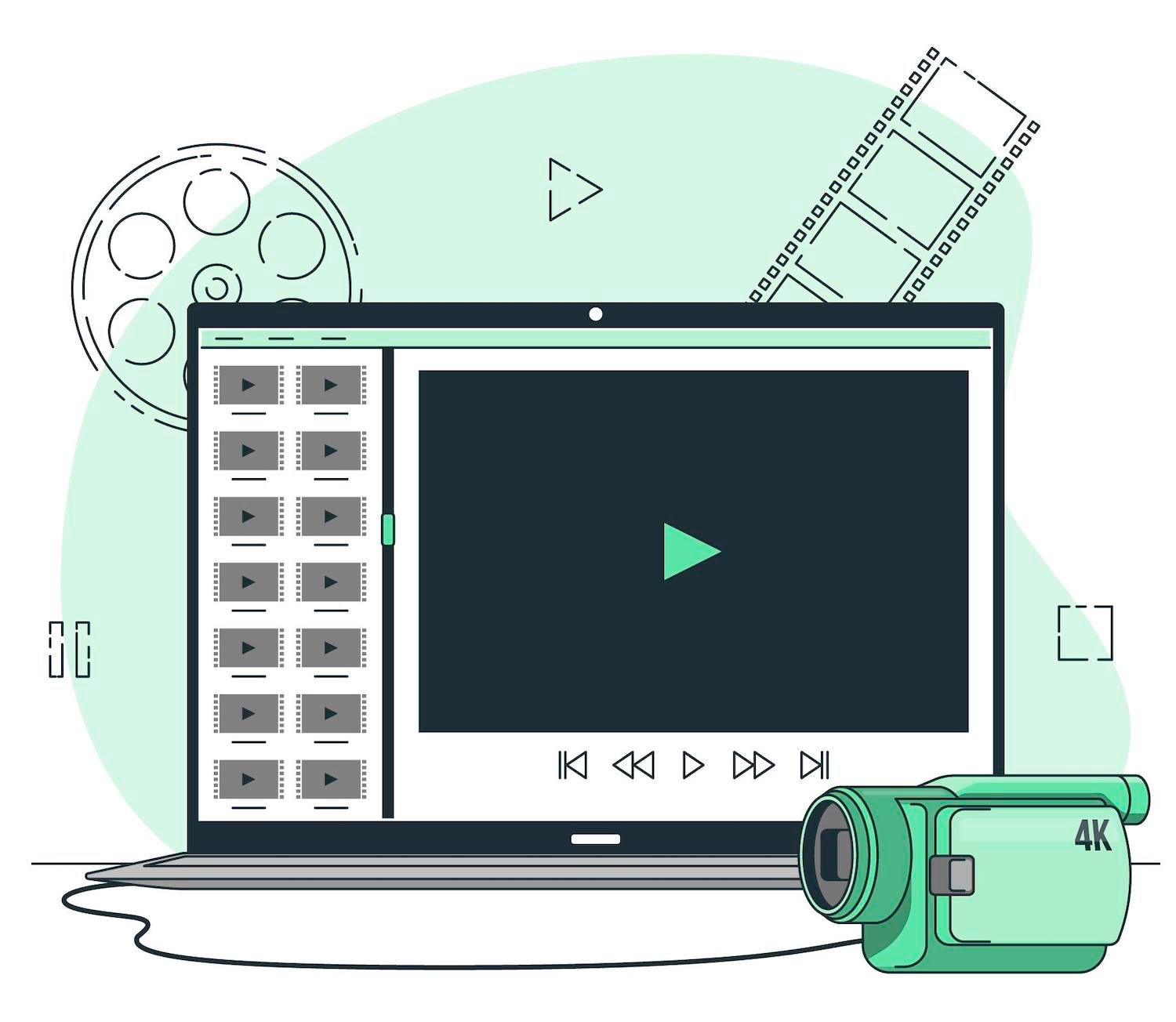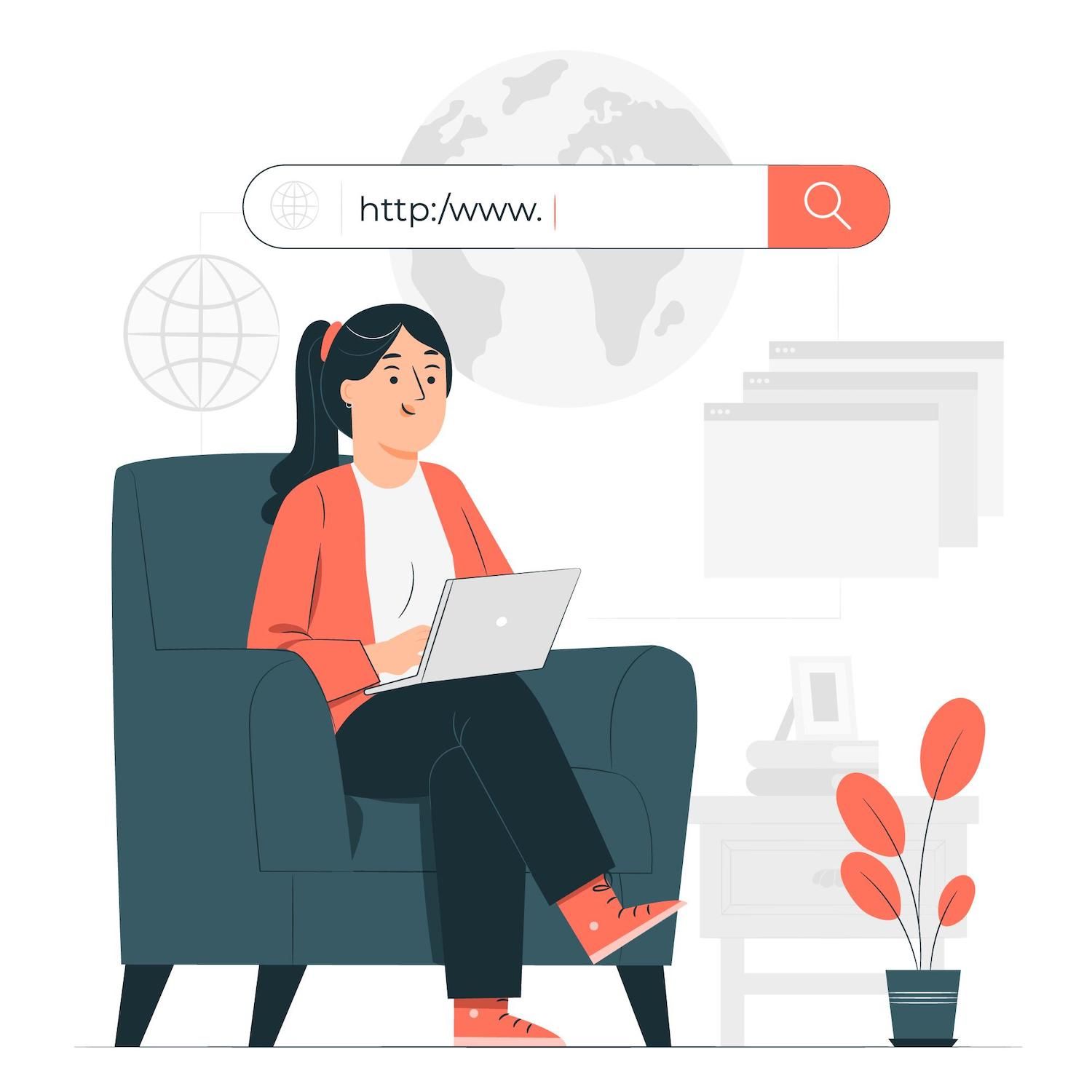Terms

"JoClub refers to the Journaling Club, but also fits in by my name." Jo Franco begins. "When I began writing, I was aware of these big feelings and I knew my older siblings did not want to hear about it. Therefore, I began writing."
"I was born without a passport, in hiding, speaking Portuguese and studying English by tripping through the maze," she recalled. "I acquired a variety of other languages because I wanted to be understood. At the same time, I felt disregarded because I was one of the few kids. My appearance was different from everyone other kids. I was the youngest kid so I had this quiet voice and muted personality.
"Of course I'm not able to think back now this is what happened however, in the moment I was in a state of agony of wondering 'Why do I feel misunderstood And how many of us go through the same thing."
Happily, Jo had the tool to journal: "I had a more compassionate relationship with myself, being able to observe without judgement. I wrote all of this negative stuff, but I am aware of the good things that were happening throughout my life. I was able to modify my writing, not just what I had written however, I started to reverse engineer the way I look at things, because I was looking for positive things. It was necessary to see positive things to have positive things to write about. I became more of a positive person. The tool helped me to be more positive."
Understanding the context
While attending university located in Manhattan, Jo was overwhelmed by the volume of voices she competed with. However, she was able to find a space within her journals. "It did not matter if I resided living in the States or on a trip I was able to use this device that enabled me to return home to myself.

"My "why" gives people that same confidence of "You're gonna be okay no matter how bleak situations happen. In addition, you can help yourself in your own way, but also it's also beautiful to write down your journey - because in documenting it, it's a little act of gratitude that it even began to happen. Your identity will always be in self and your own mind."
"There's scientific evidence to back this," she says. "There were studies conducted on recording gratitude as a method of medicine. The people who write their gratitude down are more content."
"Give your mind a break. Let the weight go from your head and put it on the page. If you write about negative things, you give your self a buffer, allowing the reader to analyze it using a less emotional reaction. We can be sucked into a frenzy by emotions. They're at the heart of everything; they are at the core of confidence, at the root of charisma, at the root of entering a room and being able attract goodness."
"Maybe this could be a membership"
Jo definitely had many positive things until the year 2020. Thanks to her YouTube channel that had millions of subscribers, she earned money to travel. "I had this exciting public life, but at the same time, I wrote. It was what I really wanted to do: what was really me was writing."
In January 2020, she booked an Netflix position as anchor on The World's Most Amazing Vacation Rentals. "It was a step away from YouTube and into the traditional way of presenting. If anyone has had the pleasure of working on a production setting, they've realized that the times aren't short. They're 16-hour days and it's a lot of 'Hurry up and sit'. It's time to get ready: makeup, hair all finished. Your lines are to draw in your mind, and then you're thinking, "No, just kidding We need to stop""

When she would pause that would last for a long time, Jo would write. "Writing was a passion for me and I wanted to turn it into a profession." When covid hit and the show ceased, her main source of income dried up.
"I was nervous, just as was everyone was. I began sharing pictures of my journals. Cut to 100 days later, I was journaling with the world on Instagram Stories. I decided, 'Hey, maybe this is an opportunity to join a club' people would pay to be inside a virtual space with me and be journaling together. This is how JoClub began. That was four years ago, which seems crazy!"
In the Netflix show, Jo realized that journaling was the lens by her eyes that she observed the world. "It wasn't just an interest. If you're on the road for two days, you're really tired. You find yourself doing something which has nothing to do with the work you're to be paid.

"You recognize, "This is how I understand the meaning of my world. It's a way of life. This was clear for me to let go of everything else, the one thing they cannot take away from me is writing. I wanted to bake that into my next chapter in my career."
Her work is bigger than she can imagine.
Jo threw herself into her project. "I had to upload 3 videos every week in three different languages. I needed to recruit individuals, and then fire them. I learned what it was creating a content machine."
But something needed to change. "I didn't want to always work. If you're exhausted or worn out, which is common among creators it's unlikely that you'll succeed in making money. It was my realization that if I want to pursue an occupation I'm planning to keep for decades to come I'll need to figure out ways to keep my eyes from opportunities to earn money."
Jo decided to make something larger than her. The journaling club started with a bang on Zoom: "The membership started at just $19 per month, and the benefit was one live call a month and I'd also send daily journal prompts for everyone's mailbox."

She envisioned a curatorial experience that was similar to a yoga class. Two instructions, followed by the discussion. Then another prompt, and finally breakout rooms. "It became IP (intellectual property)," she recalls. "After about six months of being in JoClub, I asked myself: can I educate facilitators in these workshops? Actually, could these facilitators enrich JoClub in ways I never had the chance to? She wanted to "extract the goodness" and work alongside the facilitators, who were once members, to create an art journaling format as well as a "bring your personal song' for budding musicians, and the like.
"Now there are six sessions every month and I host the number of sessions I'd like," she continues. "Beautiful aspects that I would never imagine happening began to happen in my retreats. I did a pilot at a college and are creating new challenges. I could not have done it if I kept it in Jo Franco's circle and me as the leader."
Culture and community
"An intriguing aspect of joining a club is that you build a culture," Jo says. "If somebody's paying to join you're inviting them into your home. Then you're able to design your home in the way you want." Jo and her team have been looking for ways to create more engaging conversations so that "people have conversations in community spaces, so people feel they're receiving what they paid for."

"It's the distinction between an audience and a member," she adds. "An audience will respond to whatever content you're posting however it's not necessarily a dialogue. If I post an image and someone comments on it, I'll respond in a forum, however with a community that I'm curating, I'm a part of the architecture of what happens from the moment they sign up to the membership."
Jo is thinking a lot about the onboarding sequence and how to treat the newcomers. "How can we reduce the impact of a new member who walks into the room and feeling that they don't know anybody? This is the time to get into the art of curation and this is why people stay for years to come."
It's not simple. "It's an art that is something you must be enthusiastic about to continue to improve since a member's membership is an ongoing thing. If you do not pay attention to the news, you will lose all your members."
It's clear that Jo is bringing the compassion and self-awareness derived from her journaling into the way she handles her membership. Actually, she believes journaling brings a self-awareness we're not taught at a young age: "We're not given tools for processing emotion. It's possible to help yourself when you feel you're sinking. I was astonished by these advantages. It was just an amazing leisure activity. As I grew older I came to realize, "Damn, it's been my secret""

When people ask 'Jo, you're only 30years old, what did you do all of this?' I wrote it down and everything worked out," she smiles.
More information
To read more details about Jo Franco and to become a part of JoClub, visit, go at joclub.world.
